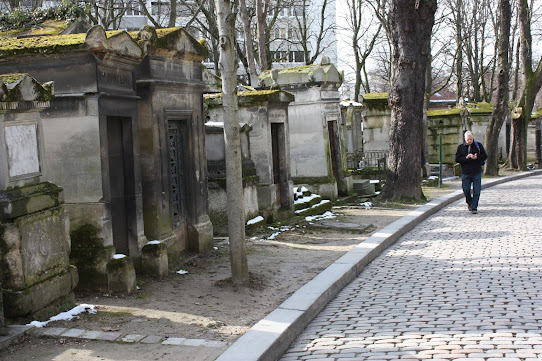I blame you not for praising Caesar so;
-Cassius
Julius Caesar Act III, Scene i, Line 214
Marcus Antonius has come to talk with the conspirators, and he’s going to get permission to speak at Caesar’s funeral the next day. And that will be the undoing of the conspirators. Marc Antony is a bit of a weasel. He’s not a total bad guy, but he’s pretty conniving. I’m not sure what you’d call him, or who you would compare him to in our modern times. He’s a bit of an enigma as you’ll find if you go forward and study Antony And Cleopatra. For now, though, you can rest assured that Cassius is aware of his weasel-ness. He follows up his I don’t blame you for praising Caesar with but what are you up to? Whose side are you gonna be on? Cassius is already suspicious of Antony’s intentions and he tries, in vain, to convince Brutus to be careful of Antony. Unfortunately, Brutus takes things at face value and doesn’t recognize that Antony has an agenda. And ultimately that’s not going to work out well for any of the conspirators. No it's not.
This is the dashboard of my Prius and it appears to be telling me to take a break and have a cup of coffee. Now if you take that at face value you might say 'what a nice car!'. But in fact, my Prius has a bit of a hidden agenda in that it's been monitoring my driving, and I must have been going out of my lane. Therefore it's telling me to take a break because it doesn't want me smashing up the car. You could call it self-preservation. Either way, I like my Prius.











